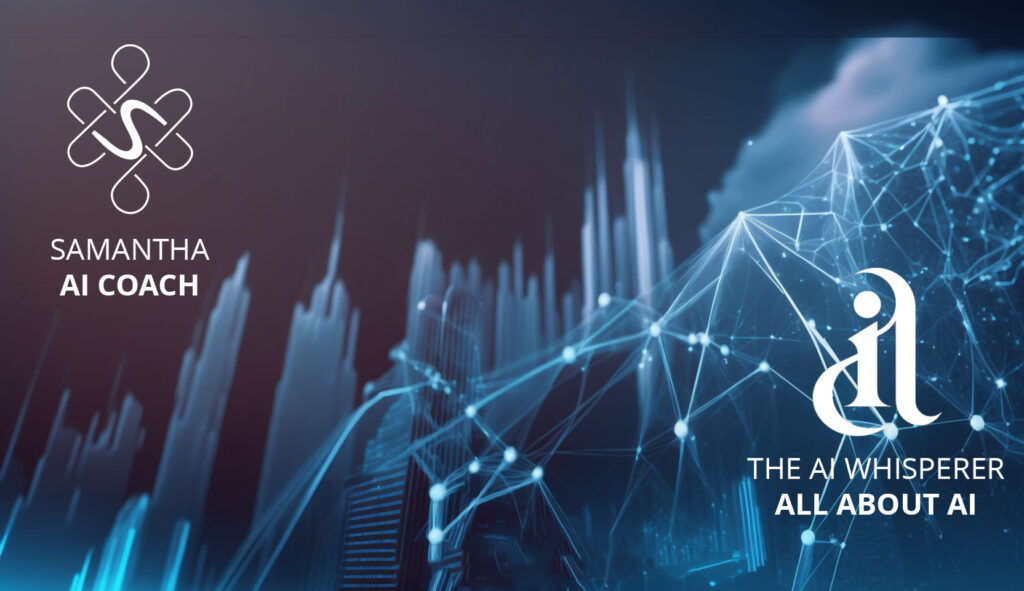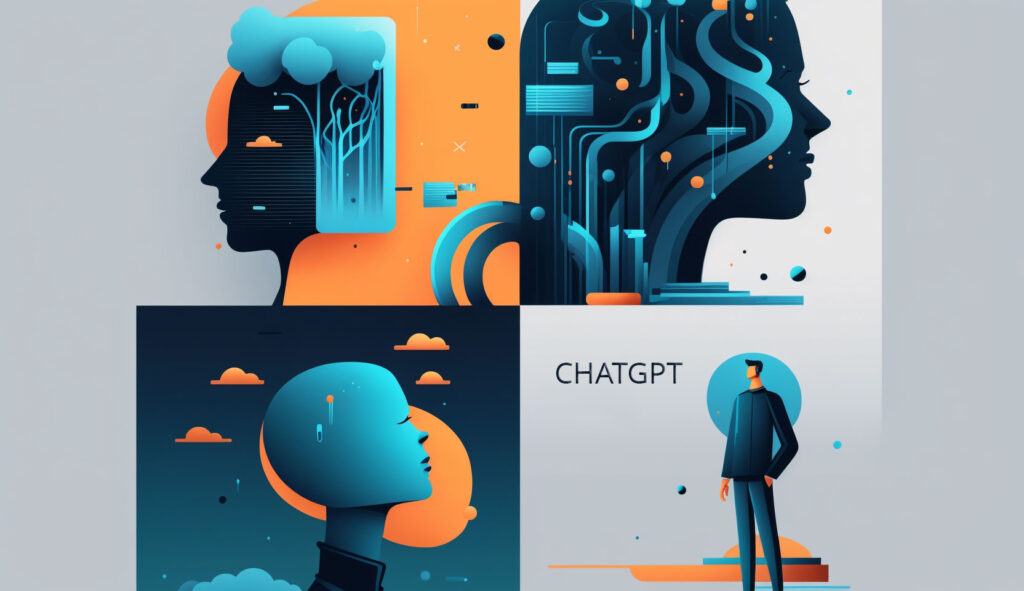Time flies in the realm of artificial intelligence, and it seems I’ve been swept away by its rapid current. Since my last post, the AI landscape has transformed dramatically, leaving me with a sense of nostalgia for the past and an insatiable curiosity for the future. „Google AI advancements“ are the buzzwords that reverberate in my mind.
The path to becoming a content creator in this era, aided by AI, is less a stroll in the park and more a strenuous uphill climb. It demands discipline, an unerring structure, and a delicate balance between the personal and professional.
The rhythm of my life has been disrupted lately, as it often is when you’re dancing with technology’s unending march. Adapting to these changes, finding the equilibrium, is a challenge in itself. The unexpected is now a permanent resident in my daily routine, a guest who doesn’t believe in prior notice.
Case in point, last week’s Google I/O convention held on May 10, 2023. It was an unexpected detour on my journey, a chance to delve deeper into the fascinating world of „Google AI advancements.“
While Google’s first foldable phone, the Pixel Fold, captured attention, it was the AI-infused software enhancements that really piqued my interest. Google’s vision transcends just creating a helpful AI. It’s about augmenting lives and democratizing AI access. Generative AI implementation stands to revolutionize core products like Gmail, Maps, and Google Photos. Gmail’s ‚Help Me Write‘ feature offers the perfect email response, while Google Maps‘ immersive route view provides a detailed journey preview. Google Photos‘ Magic Editor can enhance photos by removing unwanted elements and adjusting lighting.
Google introduced their Language Model, PalM2, which specializes in medical applications. It can answer queries and summarize various medical texts. Building on PalM2, Google’s chat AI Bard has made significant strides in math, logic, reasoning, and programming capabilities.
Simultaneously, Google emphasizes responsible AI development, addressing challenges such as misinformation. They’ve developed tools to evaluate online information, including image evaluation and metadata for AI-generated images. They’ve responsibly refrained from commercializing facial recognition API due to inadequate safeguards. Google advocates a collective approach to AI development involving researchers, social scientists, industry experts, governments, and everyday people.
Their Android operating system aims to make AI easily accessible, providing a seamless ecosystem for handheld device users. This move signals Google’s strategic positioning in the AI landscape, which was previously dominated by OpenAI’s ChatGPT. The race is on, and it’s anyone’s guess who will join the fray next.
As a content writer, the thrill of staying abreast of these updates keeps me on my toes. However, the challenge lies in establishing a routine that allows me to churn out content regularly. Despite the hurdles, the AI sphere’s dynamism and potential continue to intrigue me. My ultimate goal? To make my writings so engaging that you can’t help but share them!


